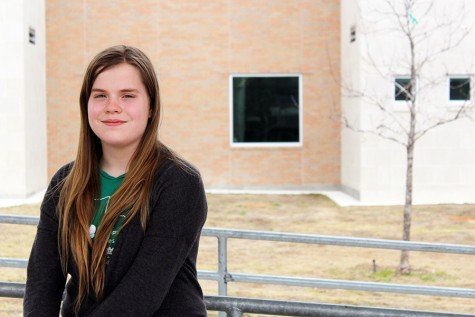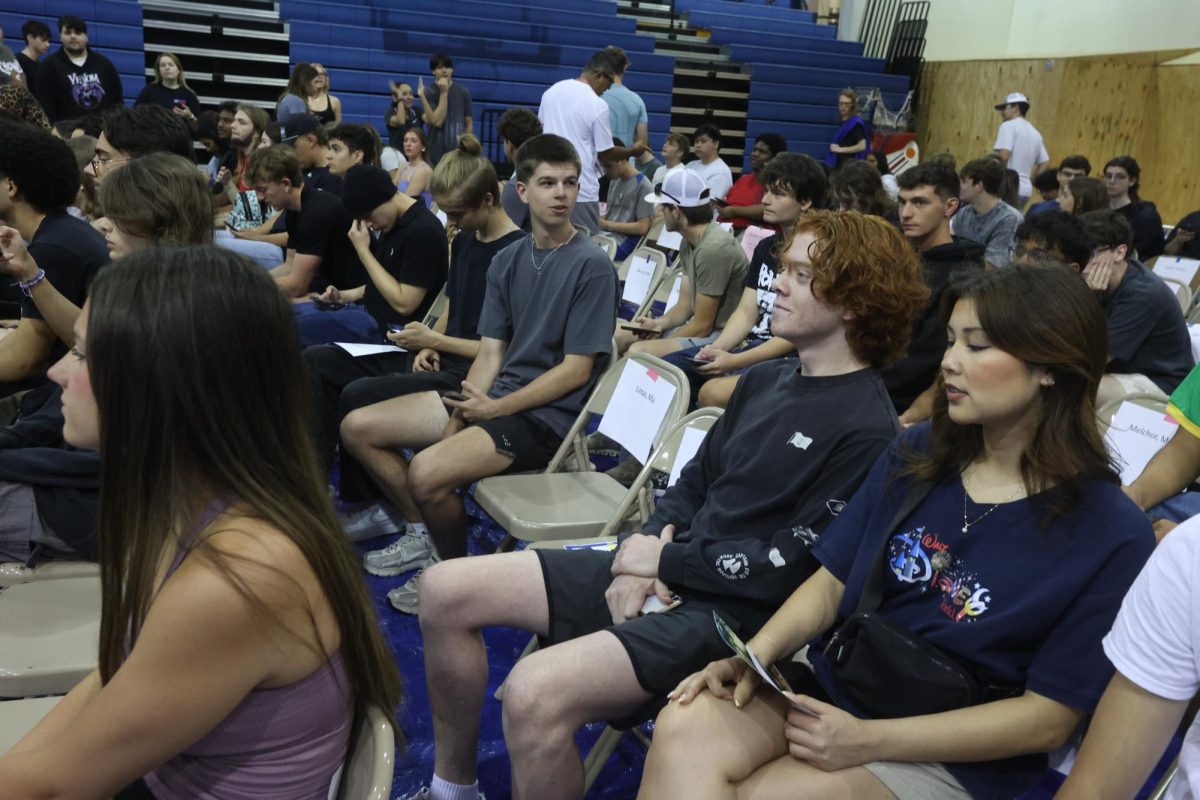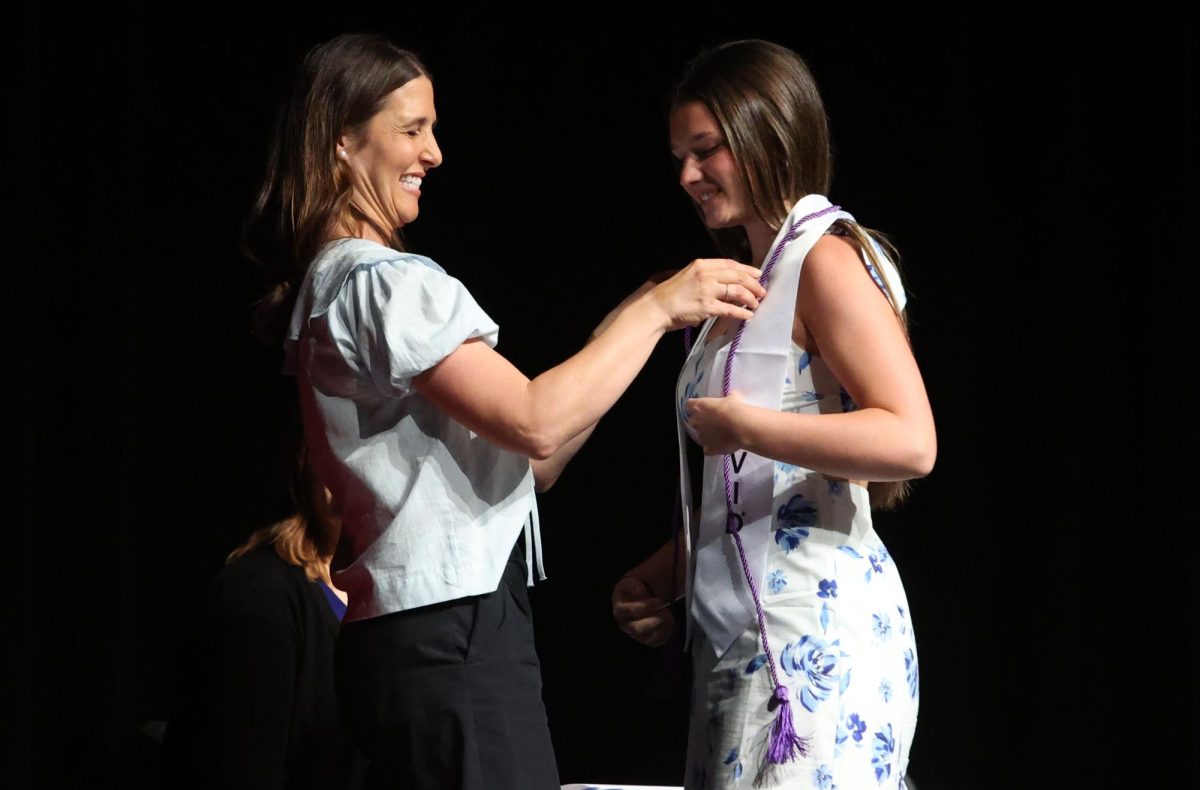TV Review: Master of None
Second season delivers fresh jokes and new characters
May 19, 2017
From sexual harassment to racist ceramics, Netflix’s series Master of None tackles many hard-hitting issues in its second season. The release follows the cliffhanger ending of season one, picking up with main character, Dev (Aziz Ansari), in Italy. We meet his new love interest, in black-and-white fashion, an episodic homage to classic Italian film Bicycle Thieves. The show follows Dev’s Italian antics and New York life, with some guest tie-ins. Master of None deserves a 4/5 stars for its second season.
We see Denise’s (Lena Waithe), Dev’s friend, Thanksgivings through the years as an African-American lesbian in one episode while, in another, Dev’s stray from spirituality and the effect it has on his family is examined. For a comedic drama, these aren’t easy issues to tackle. Somehow, Master of None manages to depict these beautifully while throwing in some jokes.
The first episode’s cinematography is disappointing, although the latter episodes make up for it. Shot entirely in black-and-white, the episode was filmed in Modena, Italy and the Italian countryside. The Italian commentary couldn’t make up for the loss of vivid shots and pans of the Piazza Grande or Romanesque architecture.
The ending mirrors season one’s open-ended question. Without giving spoilers, viewers are left wondering whether or not Dev gets together with the girl; it’s a tired trope for Master of None. In episode “First Date”, we see Dev delve deeper into this cliché as he dates several women from a dating app in quick succession. It begs the question: when can we get back to what Master of None does well?
Master of None’s excellence in writing, humor, and cinematography are not to be overlooked. Netflix’s platform gives Ansari certain liberties not found on network television shows. Ansari and co-creator Alan Yang use this to push the boundaries further, which is what garnered them an Emmy for their first season episode, “Parents”.







